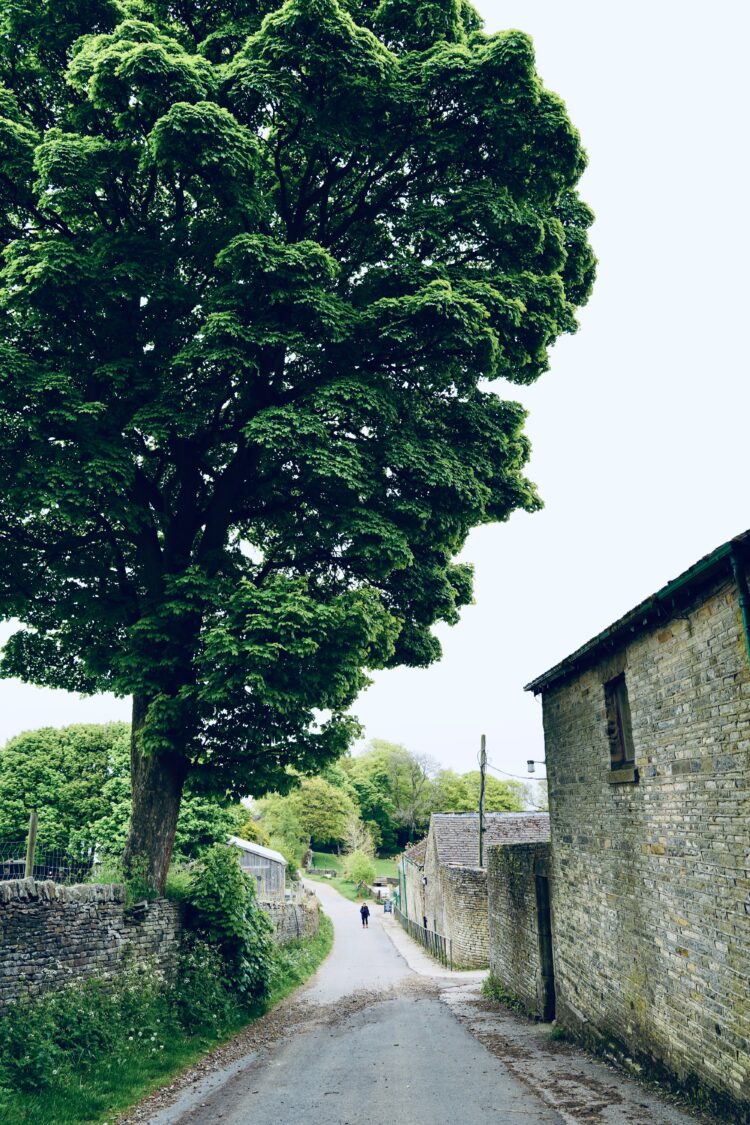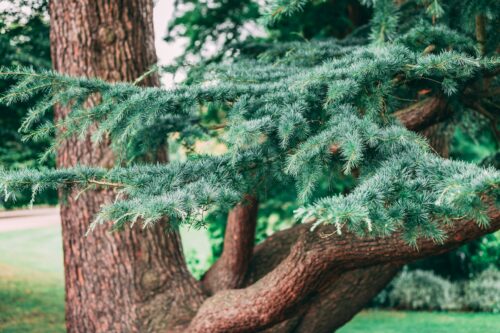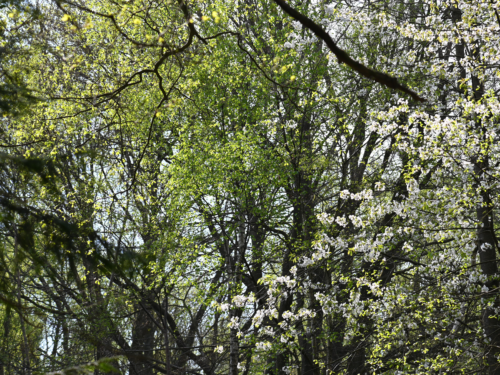£2 million has been awarded to projects investigating the best ways to boost tree numbers outside woodlands in areas including Chichester, Cornwall, Kent, Norfolk and Shropshire.
Projects to learn ways to increase tree cover in communities across England and enhance biosecurity will receive a share of over £2 million in government funding.
The second phase of the Trees Outside Woodland Research and Development programme will fund projects testing the effectiveness of tree planting methods and approaches in non-woodland areas. This will help increase tree cover in non-woodland areas so that more, healthier trees can be planted in these areas in future, improving people’s health and wellbeing by giving them access to more nature and helping to mitigate the effects of climate change.
Non-woodland treescapes have been badly affected by tree pests and diseases and other issues, so finding ways to boost their numbers effectively will help to meet the aims of the England Trees Action Plan and Government ambitions to treble tree planting rates by the end of this Parliament. Research from the first phase is already beginning to have an impact, as successful approaches piloted will be rolled out in an England-wide grant scheme later this year.
Research projects funded by the second phase will:
- test how to sustainably improve the capacity and biosecurity of locally grown tree planting stock, to ensure more trees can be planted closer to where people live.
- research the most cost-effective and biosecure ways to plant, establish, and promote trees outside woods, enabling increases in non-woodland tree canopy cover.
- focus on sharing this knowledge with Local Authorities to enable enhanced local delivery of healthy and thriving treescapes.
- In the long term, help to increase tree cover within our local communities and deliver on commitments set out within the Environmental Improvement Plan to level up people’s access to nature and improve our mitigation and adaptation to climate change.
Forestry Minister Trudy Harrison, said:
“The Trees Outside Woodland programme has supported myriad pilot projects up and down the country that have bolstered the health and resilience of our non-woodland treescapes. From agroforestry schemes in Cornwall to experimental Miyawaki plots in Kent, the Trees Outside Woodland programme is providing a springboard for innovative research into tree planting.
“Further investment in the programme will build on previous successful work and help Government deliver on our ambitious tree planting targets.”
Director of Trees, Science & Research at The Tree Council, Jon Stokes, said:
“Historically undervalued, the 4.3% of England that is covered with non-woodland treescapes – such as hedges, scrub, trees on farms, parks, and in urban settings – is now recognised among our most important treescapes. This funding is a wonderful opportunity to learn more about growing and protecting these precious trees.
“These are the trees that people most often see in their daily lives, and they provide essential habitat connectivity and homes for wildlife all across the country. The Tree Council is delighted to help coordinate this amazing collaboration.”
Trees outside of woodlands are worth over £3.8 billion due to their multi-faceted role across the UK’s ecosystems. This includes storing carbon, regulating temperatures, strengthening flood resilience and reducing air pollution. Together, these help to mitigate against climate change, reduce impacts from floods and improve people’s health and wellbeing.
Pilot projects that have so far been funded by first phase of the Trees Outside Woodland Research and Development programme increased tree cover within communities through subsidised and free tree schemes, boosting community tree nurseries, planting trees on farmed landscapes, enhancing agroforestry schemes, boosting community orchards, and exploring experimental Miyawaki plots.
The Trees Outside Woodland Research and Development programme is delivered in partnership by The Tree Council, Natural England, the Department for Environment, Food & Rural Affairs, and five Local Authorities – Chichester District Council, Cornwall Council, Kent County Council, Norfolk County Council and Shropshire Council.
Today’s announcement comes during National Plant Health Week which aims to raise public awareness and engagement on how to keep our trees and plants healthy. By identifying threats such as pests and diseases, we protect the benefits plants and trees provide to the public, to wildlife, the environment and our economy. More information can be found on the Plant Health Action.org website.
The funding comes from HMT’s Shared Outcomes Fund – to find out more please visit GOV.UK.
Looking to plant trees?
Maelor Forest Nurseries produces and supplies commercial quantities of bare root trees and shrubs suitable for forestry, hedging and native woodland planting.
Our technical work aims to improve growing conditions on the nursery to produce a better quality plant and futureproof forests, to ensure that this quality is maintained down the line, from dispatch to planting out and beyond.
More information about our wide range products can be found here maelor.co.uk/products or contact us here maelor.co.uk/contact-us
 https://www.maelor.co.uk/wp-content/uploads/2024/05/Property-Photos-3-500x295.png
https://www.maelor.co.uk/wp-content/uploads/2024/05/Property-Photos-3-500x295.png






